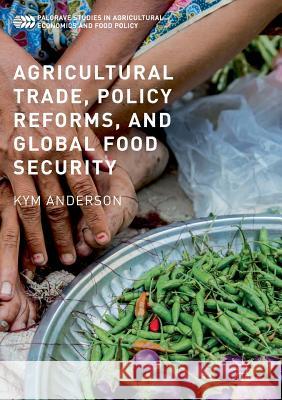Agricultural Trade, Policy Reforms, and Global Food Security » książka
topmenu
Agricultural Trade, Policy Reforms, and Global Food Security
ISBN-13: 9781349692149 / Angielski / Miękka / 2018 / 370 str.
Agricultural Trade, Policy Reforms, and Global Food Security
ISBN-13: 9781349692149 / Angielski / Miękka / 2018 / 370 str.
cena 342,14
(netto: 325,85 VAT: 5%)
Najniższa cena z 30 dni: 327,68
(netto: 325,85 VAT: 5%)
Najniższa cena z 30 dni: 327,68
Termin realizacji zamówienia:
ok. 16-18 dni roboczych.
ok. 16-18 dni roboczych.
Darmowa dostawa!
Kategorie:
Kategorie BISAC:
Wydawca:
Palgrave MacMillan
Język:
Angielski
ISBN-13:
9781349692149
Rok wydania:
2018
Wydanie:
2016
Ilość stron:
370
Waga:
0.47 kg
Wymiary:
21.01 x 14.81 x 2.08
Oprawa:
Miękka
Wolumenów:
01
Dodatkowe informacje:
Wydanie ilustrowane











